Keywords: Criminal Law
There are more than 200 results, only the first 200 are displayed here.
-
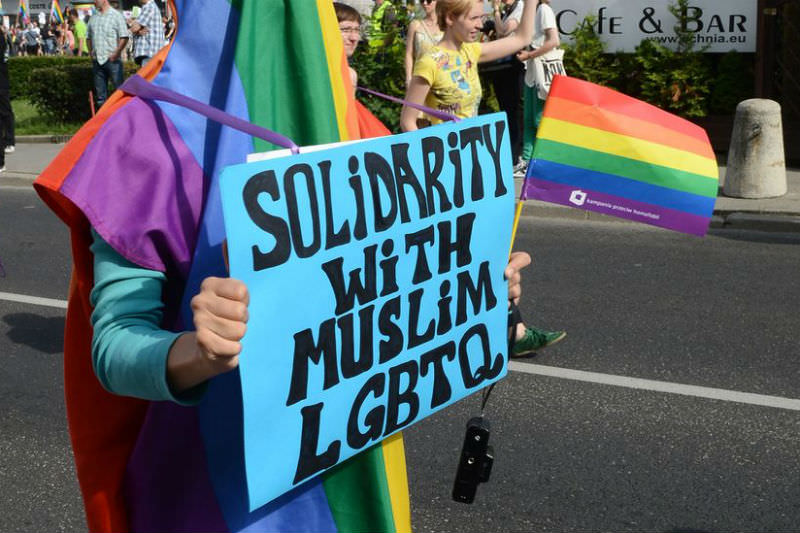
AUSTRALIA
- Irfan Yusuf
- 17 November 2017
17 Comments
During the month of Muharram, the No message was being handed out at mosques and spoken from the pulpits. Yet many Muslims voted Yes not because we wanted to reinvent the Islamic idea of marriage, but because the scriptures teach that we should stand up for justice even if it goes against our families and ourselves.
READ MORE 
-
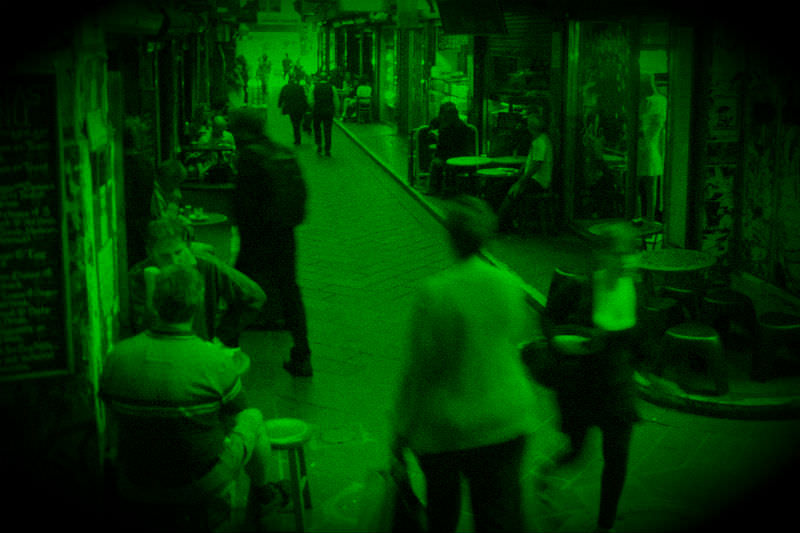
INTERNATIONAL
- Justin Glyn
- 06 October 2017
7 Comments
In this time of austerity I am pleased and proud that Our Glorious Leader has decided to curtail the luxuries which we had formerly enjoyed ... for our own good, of course. I refer, of course, to our rapidly diminishing pool of civil liberties.
READ MORE 
-
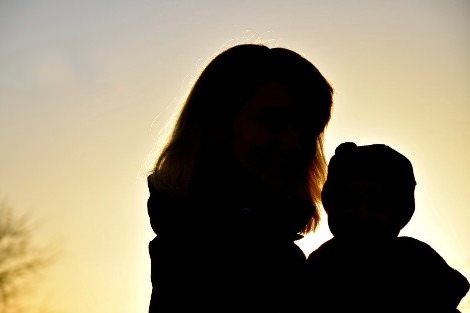
RELIGION
- John Honner
- 07 September 2017
5 Comments
In the Christian gospels the child is the exemplar, par excellence, of what God's world is meant to look like. In social policy, on the other hand, the child tends to be portrayed as a powerless innocent. In recent years, the Catholic Church has failed the standards of both gospel and society: on the one hand by discounting the importance of children and not listening to children, and on the other hand by not having appropriate practices and policies to ensure the safety of children.
READ MORE 
-
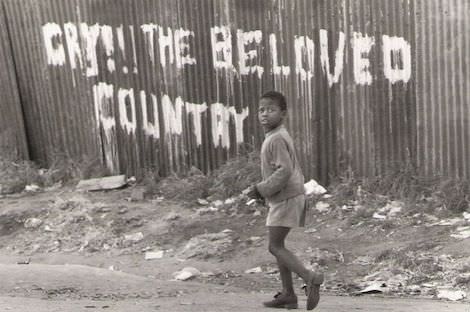
AUSTRALIA
- Andrew Hamilton
- 23 August 2017
9 Comments
Seventy years ago Alan Paton wrote Cry the Beloved Country. His novel opened many Australians’ eyes to the wounded South Africa that lay behind its colonial surface. His elegiac conclusion was prescient of the two generations that followed.
READ MORE 
-
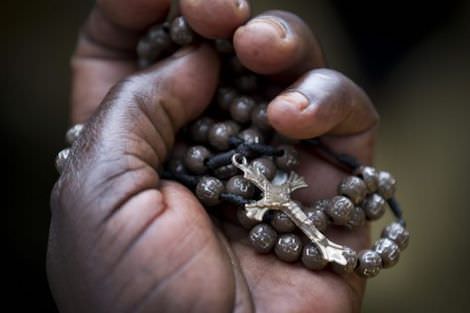
AUSTRALIA
- Frank Brennan
- 20 August 2017
23 Comments
The Royal Commission into Institutional Responses to Child Sexual Abuse has published a 2000-page three volume Criminal Justice Report. One of its recommendations is that the states and territories 'create a criminal offence of failure to report targeted at child sexual abuse in an institutional context'.
READ MORE 
-

AUSTRALIA
- Sara Vukojevic
- 18 July 2017
10 Comments
I couldn't believe it. It was the most obvious example of street harassment ever. Builders? Check. Cheesy pickup lines? Check. Innuendos? Check. Trying to prevent a woman from moving away? Check. It could've been a lot worse. Something worse happened to me in California. But this situation got my heart beating. It's six, large, capable men. They can do anything they want to me. I can't prevent it from happening if they decide they need to do more than look.
READ MORE 
-
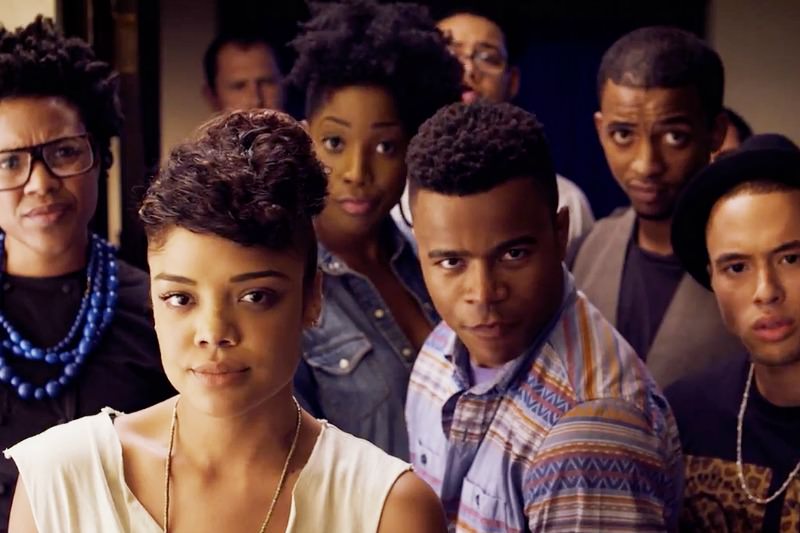
AUSTRALIA
I hung out with a group of Indian-Australians while I was a university student who called themselves 'curries', but the unspoken camaraderie that ensued from this self-identification stood in stark contrast to that time I was called a 'f***ing curry' by a passing car full of white people. You often hear from white people that they can't be called 'white' because that too is racist language. This reflects a flawed assumption that societal structures advantage and disadvantage people in the exact same way.
READ MORE 
-
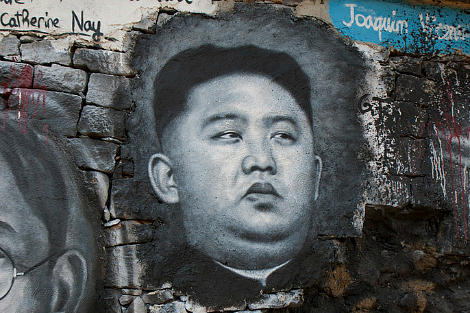
INTERNATIONAL
- Binoy Kampmark
- 19 April 2017
6 Comments
A truculent rogue in the White House fumes at an upstart rogue in Pyongyang, both fumbling away in the kindergarten of blunder and realpolitik. How do they measure up in the stakes of rogue behaviour? Even conservative commentators such as Samuel Huntington noted in 1999 that the US is 'in the eyes of many countries ... becoming a rogue superpower'. International law, for the bomb-heavy bully, is a convenient moral reference when needed, but is avoided like a leper when it becomes an impediment.
READ MORE 
-
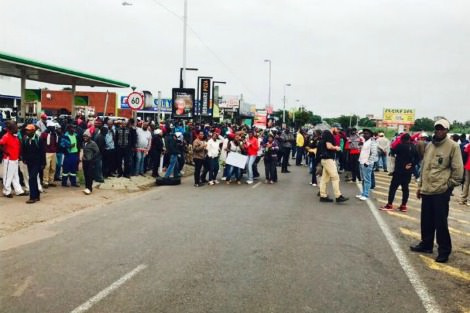
INTERNATIONAL
- Munyaradzi Makoni
- 28 March 2017
1 Comment
Life is back to normal a month after residents of Mamelodi in South Africa marched from on the Home Affairs offices in protest over criminality among immigrants. Now, there are calls for closer re-examination of the action, which many see as threatening peace in one of Africa's biggest economies. 'If drugs and crime were really the issues, it should have been billed as an anti-drugs, anti-crime march, not an anti-foreigner march,' said Johan Viljoen of Jesuit Refugee Service.
READ MORE 
-
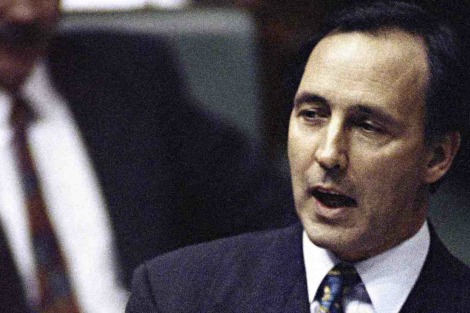
RELIGION
- Frank Brennan
- 14 March 2017
24 Comments
The debate over section 18C of the Racial Discrimination Act (18C) has gone on for far too long. It's time to bring it to a close. To date, I have been silent in the present debate, in part because I was a critic of such legal provisions when they were first proposed in 1992 and again in 1994. I have since been convinced that a provision like 18C could be designed to target racial vilification, leaving offensive insults beyond the reach of the law in a robust democracy committed to freedom of speech.
READ MORE 
-

MEDIA
- Andrew Hamilton
- 14 March 2017
10 Comments
Arguments for repealing 18C ignore the symbolic force of law in an imperfect society in which we live. In public life the One Nation Party, which is able to exert some influence on legislation in a fragmented parliament, regularly criticises Muslims. These views are also retailed by commentators in some mainstream media. They increase the anxiety of immigrants from Muslim nations. In such a context any weakening of 18C will be seen as the declaration of open season against such groups.
READ MORE 
-

RELIGION
- Frank Brennan
- 17 February 2017
3 Comments
The commission's forensic scrutiny of past actions of church officials in no way constitutes an interference with the freedom of religion. Its spotlight is to be welcomed, provided only that it is shone on a truly representative sample of all institutions which have been found wanting and provided the same light filter is applied to all institutions. I do however have a problem with the commission making findings on issues like the want of compassion when those findings are made only against a Church.
READ MORE